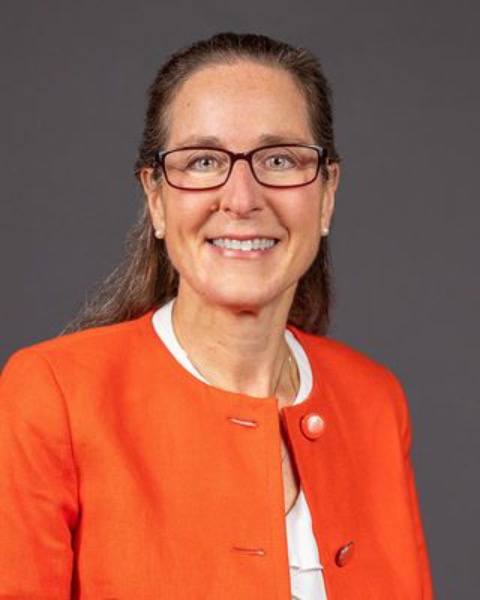Career Development
Leadership and Business Training
Trainee
More Asking, Less Telling: The Value of Inquiry as a Coaching Skill
-

Elaine Schulte, MD, MPH (she/her/hers)
Vice Chair, Academic Affairs and Faculty Development - Professor of Pediatrics
The Children's Hospital at Montefiore
Briarcliff Manor, New York, United States -
KW
Karen Wilson, MD, MPH (she/her/hers)
Professor
University of Rochester
Rochester, New York, United States -

Laura Richardson, MD, MPH (she/her/hers)
Professor of Pediatrics and Adolescent Medicine
University of Washington School of Medicine
Seattle, Washington, United States -

Maryellen Gusic, MD
Senior Advisor, Educational Affairs
Medical Education
Medical University of South Carolina College of Medicine, Pennsylvania, United States
Leader(s)
Co-Leader(s)
Workshop Description: Coaching, as a practice to support medical trainees and faculty, continues to grow in popularity in academic medicine. Pediatric faculty can use components of coaching skills in their everyday lives - whether they are providing feedback to trainees, leading a team, or caring for patients.
The purpose of applying the coaching skills of listening and inquiry-based questions in these settings is to increase awareness within the other (e.g. trainee, team member, patient) in order for them to make the best decisions for themselves. This differs from our typical intent of inquiry where we ask questions to test trainees’ knowledge or to further our own understanding to make a decision. It also differs from the less-inquiry-based approach of mentoring, which relies more on “telling”, rather than listening and asking questions.
During this workshop, we will exam the benefits of “asking” as a tool to motivate an individual versus the consequences of being told “what to do”. Then, we will highlight the numerous applications of coaching in our daily settings. Next, we will emphasize the importance of listening, focusing on setting the intention. We will define and share practical inquiry-based questions, followed by an exercise where participants will learn to address a series of challenges with inquiry-based questions. Participants will then break into triads and use listening and inquiry-based questions in conversations, as they invite others to see their own paths forward. Participants will leave with a set of exemplary inquiry-based questions they can use in their future developmental conversations.
Learning Objectives:
- Examine the value of priming motivation in coaching conversations versus being prescriptive
- Describe the benefits of using coaching skills in professional roles, highlighting its applications across contexts
- Apply and practice listening and inquiry-based questions in conversations with others

